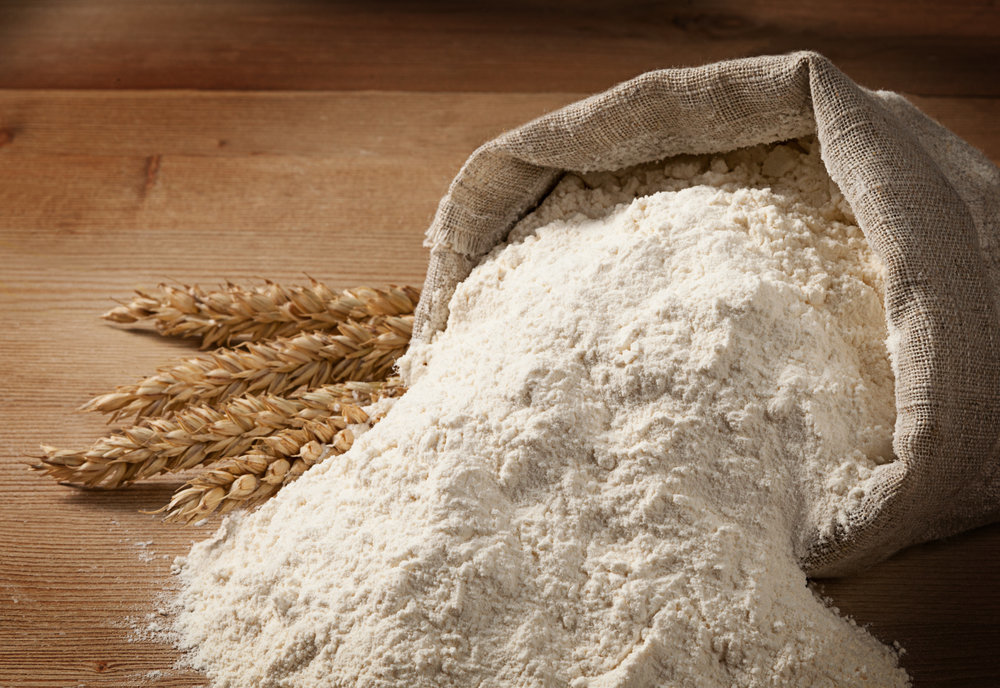Wheat flour production in the first quarter of 2024 was 105,532,000 cwts, up 725,000 cwts, or 0.7%, from the first quarter in 2023, according to data issued May 1 by the National Agricultural Statistic Service of the US Department of Agriculture (USDA).
In absolute terms, the first quarter figure was solid but unremarkable measured against totals of recent years. Up from 104,807,000 cwts last year (a revised figure), the total for January-March 2024 compared with 106,471,000 cwts in 2022, 103,635,000 cwts in 2021 and the record 108,177,000 cwts in 2020.
Far more unusual, and perhaps promising, first quarter 2024 production was up 185,000 cwts from the final quarter of 2023. It was only the second time in the 2000s that a January-March flour production total exceeded the preceding quarter. The only other time was in 2020, when production surged in the final weeks of the first quarter because of the COVID-19 pandemic outbreak.
Wheat flour grind in the first quarter was 226,545,000 bus, up 1,186,000 bushels, or 0.4%, from 225,359,000 bushels in the same quarter last year. Mill feed production was 1,606,401 tons, down 12,553 tons, or 0.8%, from 1,618,954 tons in January-March 2023.
Daily flour production capacity in the first quarter was estimated by the USDA at 1,605,386 cwts, up 3,400 cwts, or 0.2%, from the first quarter last year. Capacity was raised 9,000 cwts from 1,596,386 cwts in the fourth quarter of last year.
US flour mills in the first quarter operated at 85.9% of six-day milling capacity, down from 86.1% in last year’s first quarter and compared with 86.8% in the fourth quarter of 2023. It was the lowest rate of capacity utilization for any first quarter since 2019, at 82.7%.
Semolina production in the first quarter of 2024 was 8,038,000 cwts, down 3.7% from 8,343,000 cwts the year before.
Rye flour production in the quarter was 175,000 cwts, down 0.7% from 189,000 from January-March 2023.




